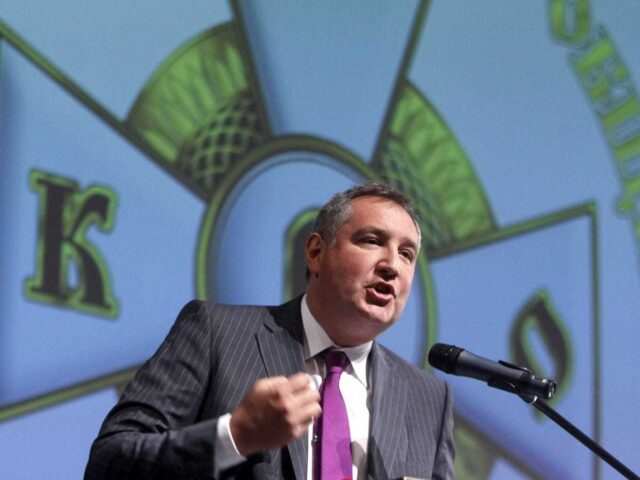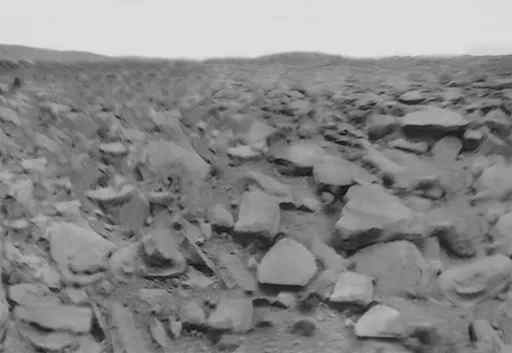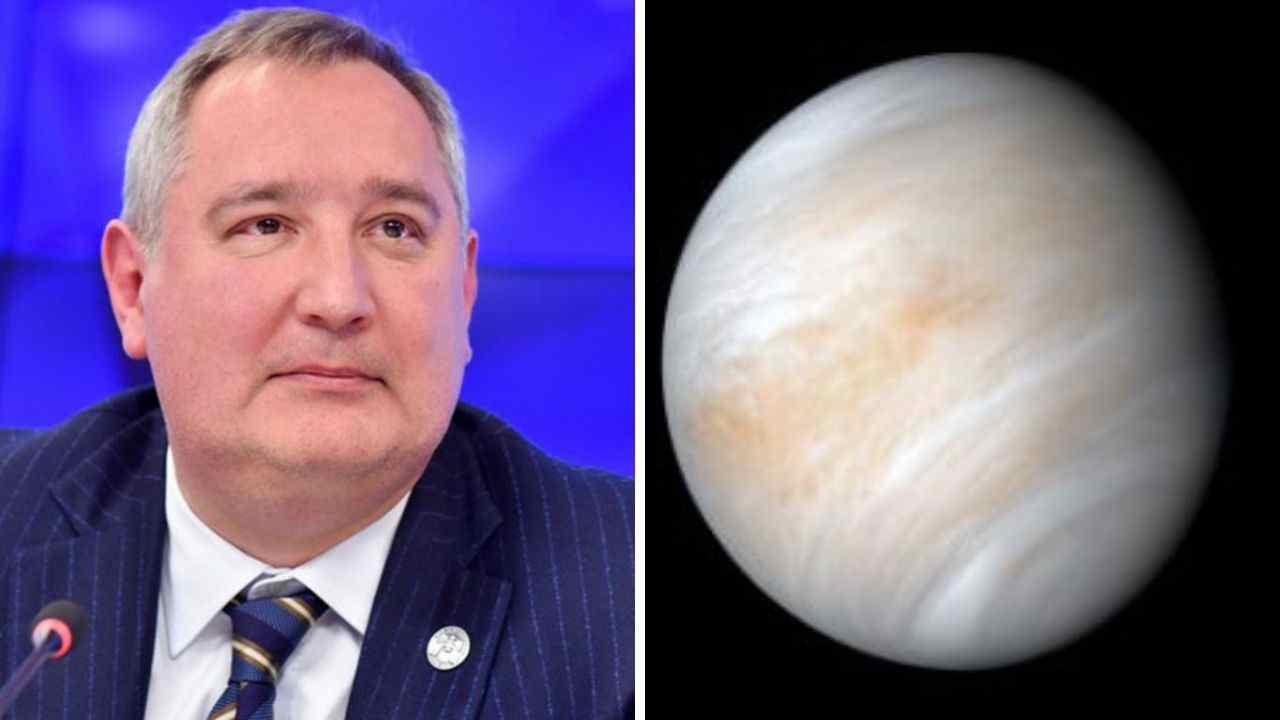Dmitry Rogozin, the head of Russian space agency Roscosmos, claimed last week that Venus is a Russian planet. His claims came along after new research suggested that life may exist on the second planet of the solar system.
But it seems that his comments may not hold any ground, thanks to the Outer Space Treaty of 1967.
“We think that Venus is a Russian planet”
Last week, in the journal Nature Astronomy, British and American scientists published research detailing the discovery of phosphine gas in the clouds around Venus, giving hope that life may exist on Venus. On Earth, phosphine is formed by the action microbes which thrive in oxygen-free environments.
A day after the research was published, Dmitry Rogozin spoke at the HeliRussia 2020 exhibition in Moscow saying that “We think that Venus is a Russian planet, so we shouldn’t lag behind. Projects of Venus missions are included in the united government program of Russia’s space exploration for 2021-2030.”

“Our country was the first and only one to successfully land on Venus, The spacecraft gathered information about the planet — it is like hell over there,” he said.
Russia has sent multiple spacecraft to explore Venus between 1961 and 1984, becoming the first nation to land and take pictures of the surface of Venus from ground level.
Last month, Rogozin even said that Venus is “more interesting than Mars.”
Also Read: VerifiED: Is It Really Raining Diamonds In Neptune And Uranus?
Russia’s tryst with Venus
Russia’s Venera program, which involved a string of space probes, made landmark achievements in space research.
While Venera 7 was the first space probe to make a soft landing on the surface of Venus, the Venera 9, which landed on the surface of Venus on 22nd October 1975, became the first space probe to not just transmit the photos of the Venusian surface but also the first photos of the surface of another planet.

Through research done using Russian space probes between 1961 and 1984, Russia gained significant experience and knowledge of Venus, which is also referred to as ‘Earth’s evil twin’ due to its size being similar to that of Earth. Venus has a poisonous atmosphere and unfavourable temperatures that make it unhabitable.
Outer Space Treaty
Venus, however, is most certainly not a Russian planet.

As per Article II of the Outer Space Treaty of 1967, which is an important part of international space law,
“Outer space, including the moon and other celestial bodies, is not subject to national appropriation by claim of sovereignty, by means of use or occupation, or by any other means.”
Russia (then the Soviet Union) is a signatory of the treaty and is thereby bound to its laws, including the ones which prohibit claiming celestial bodies like Venus to be of a specific nationality.
Russia has partnered with the US for a joint mission to Venus called ‘Venera-D’. Rogozin also said that the country would also send its own mission to Earth’s twin to explore it independently.
The renewed interest in Venus is not unwarranted, with Rogozin even having suggested that the study of Venus might even help understand Earth’s issues with climate change. Our neighbouring planet is bound to get more attention in the coming years, even while the likes of Elon Musk work on fulfilling dreams to colonize Mars.
Image Sources: Google Images
Find the blogger: @RoshniKahaHain
This post is tagged under: Venus is Russian planet, Is there life on Venus, Russia claims Venus is Russian, Space Law, United Nations Office of Outer Space Affairs, Outer Space Treaty, Spacecrafts to Venus, Venera Program, Roscosmos Russian spacy agency, russia venus exploration mission






























